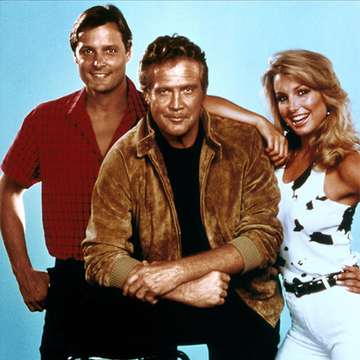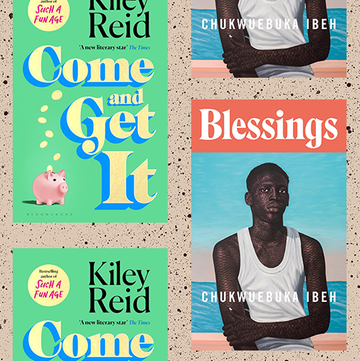If we're going to talk about army recruitment videos misrepresenting the experience of military service, we should probably start with this one from 1992.
Over decades-long attempts to appeal to young men, the army has painted signing up as variably one long a gap year and an extended game of Call of Duty. And given that modern masculinity has evolved of late (so we're told), it shouldn't be surprising that the latest attempts are something of a woke makeover.
Their new video series titled 'This Is Belonging' answers questions new recruits might have when considering joining the army, accompanied by graphic illustrations in place of video footage of army life.
Questions such as: "What if I get emotional in the Army?", "Can I be gay in the Army?" and "Can I practise my faith in the Army?" are addressed to prove nobody should feel discouraged from joining.
With takeaway lines such as 'It feels like as a man you can never express your emotions' and 'Once you're in, you realise no one is a machine. The Army is family', the video is participating in the ongoing dialogue around eradicating the stigma of mental health. But while soft drinks or clothing companies doing the same barely elicits a rolled eyebrow, Our Brave Boys joining in seems to have hit a nerve - particuarly among the rightwing press.
For the Daily Mail and Telegraph, clearly their beloved Army is one thing they won't have the 'PC brigade' ruining for them. According to The Sun, Major General Timothy Cross said being "jolly nice to people" would not help with "struggling" recruitment.
In response, Head of the Army General Sir Nick Carter has pointed out that their new campaign reflects the country's changing demography, echoing his 2015 comment that "the world is moving on, and the Army has to move with it".
So what do real men actually thing? Speaking to a few, their reactions to the adverts were generally positive.
"I think it's good they're trying to debunk myths about who enters and what the army is like," Louis, a 25-year-old personal trainer, told me.
Similarly Tom, a 29-year-old lawyer, pointed out: "The army will always attract your typically macho men who want to get rid of aggression, but the fact that they're openly stating 'gay people are welcome' is unexpected and refreshing."
But some are fearful that the adverts miss-sell the Army experience and that those with mental health issues would not be equipped to deal with the pressures of service.
Instead of lambasting the Army's rebrand or congratulating their newfound empathy, perhaps we should be asking whether claiming to accept all religions and sexualities is enough to tackle the history of bullying, harassment and abuse in the military.
A 2015 survey into harassment in the military found that 40% of servicewomen had received unwanted comments of a sexual nature in the past year and data from 2014 showed a 12 per cent year-on-year increase in reported cases of bullying, harassment and discrimination.
As Rhianna Louise from advocacy group ForcesWatch points out, "If the British Army is truly to be ‘the best’ then it must treat its personnel with dignity and respect and it must champion human rights."
If these new adverts are a genuine signifier of change and not merely an empty marketing ploy, hopefully the Army is looking at bringing all aspects of the military into the 21st Century - not just recruitment.














